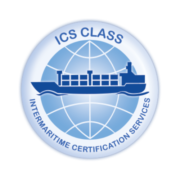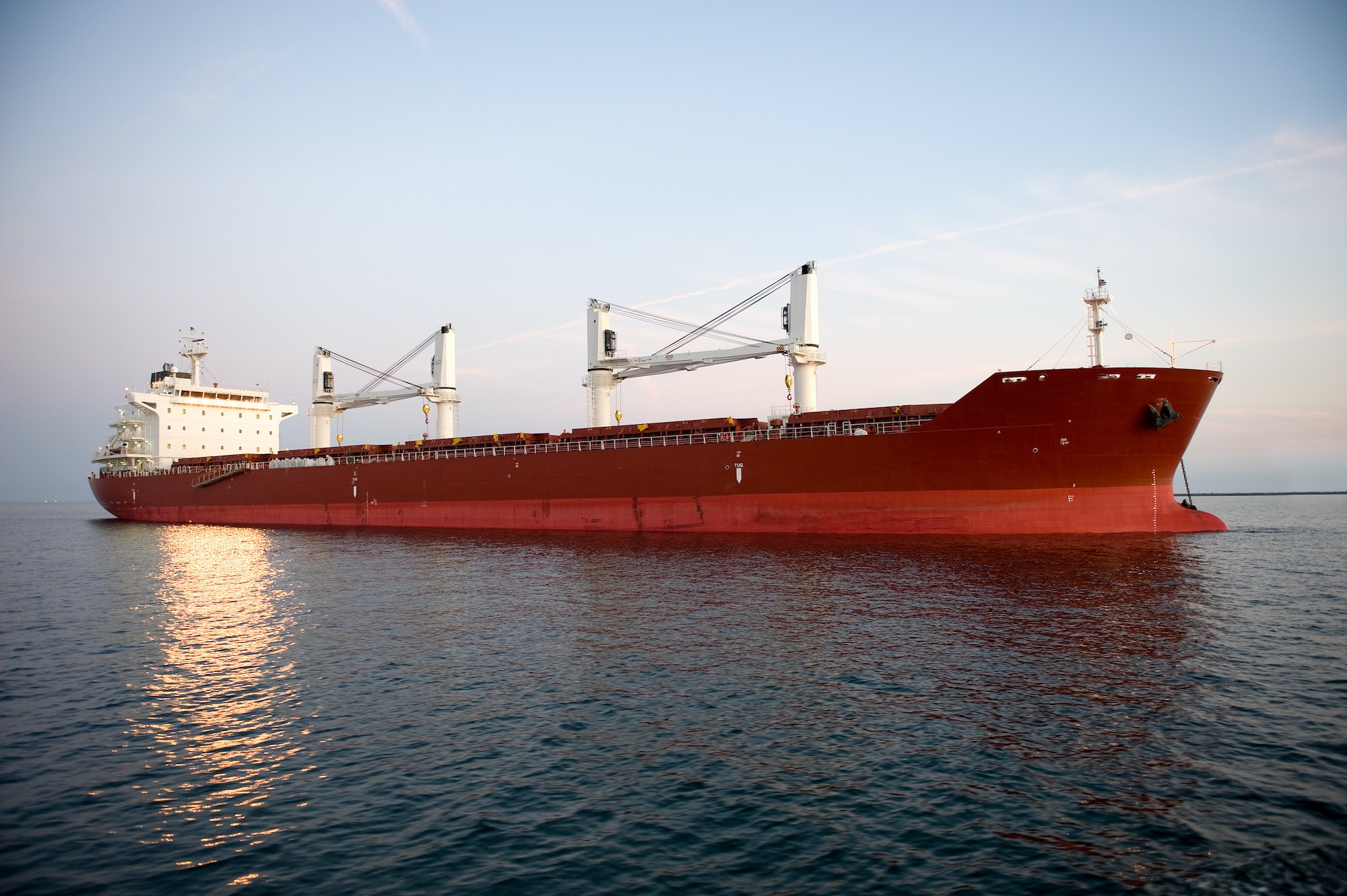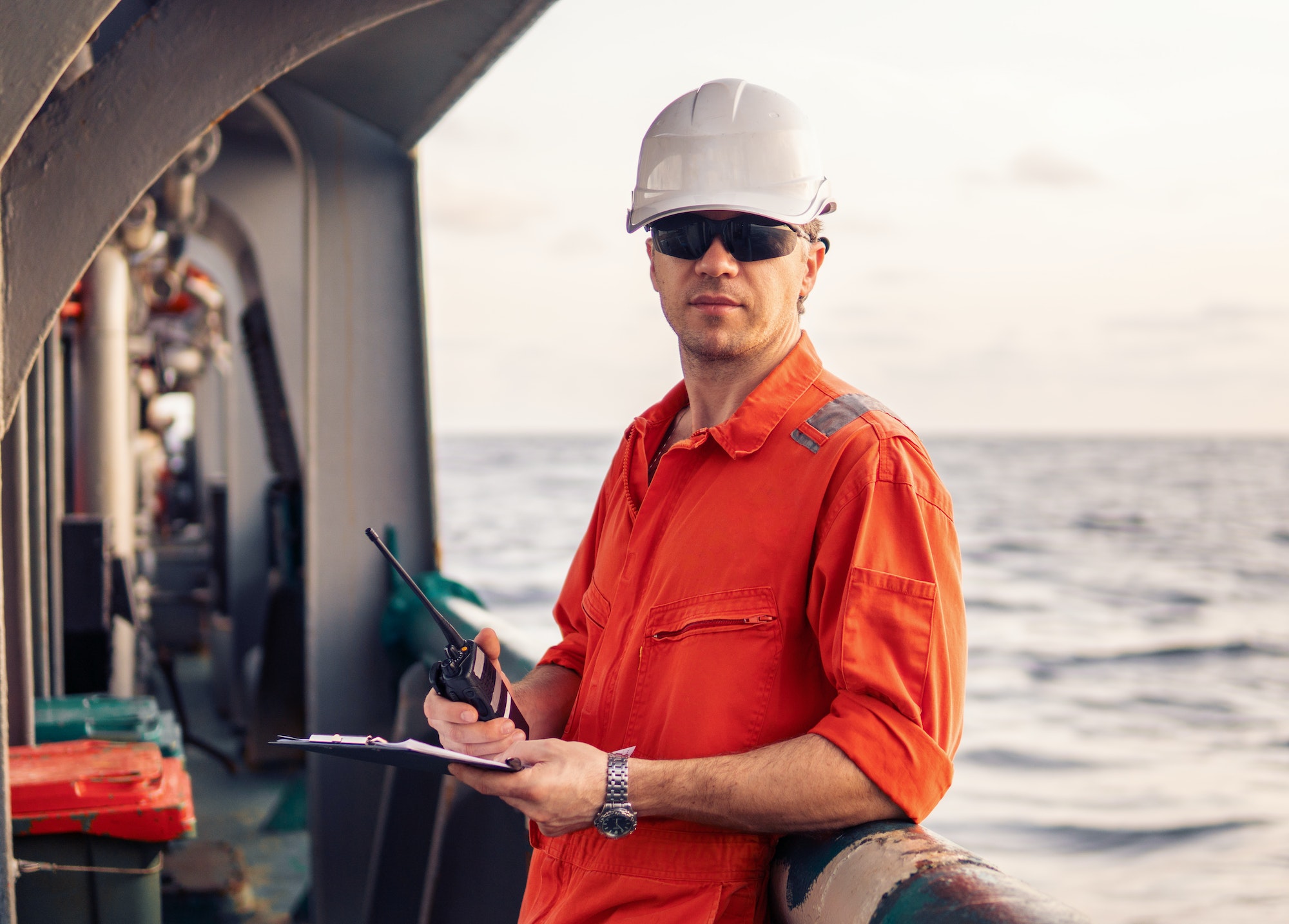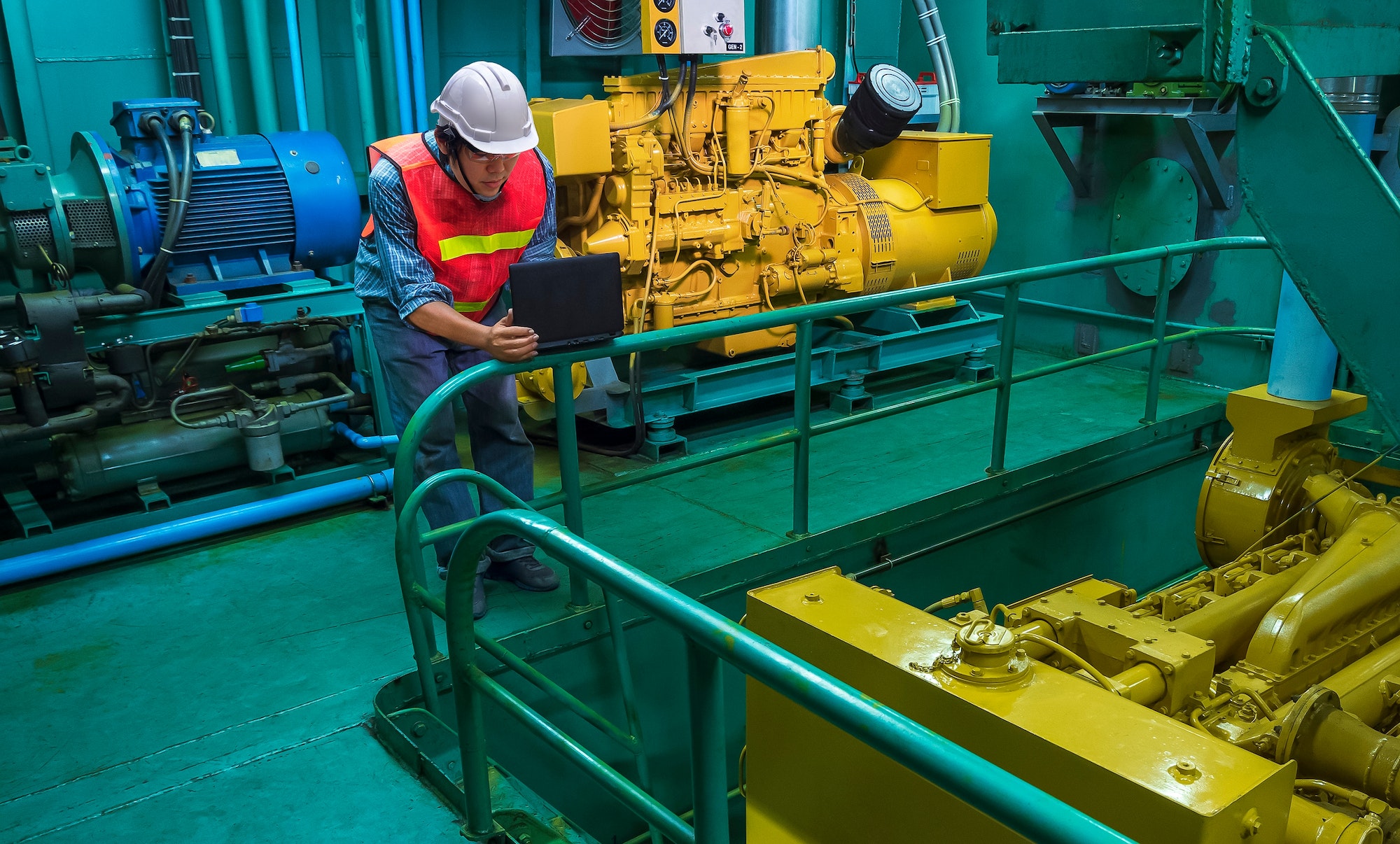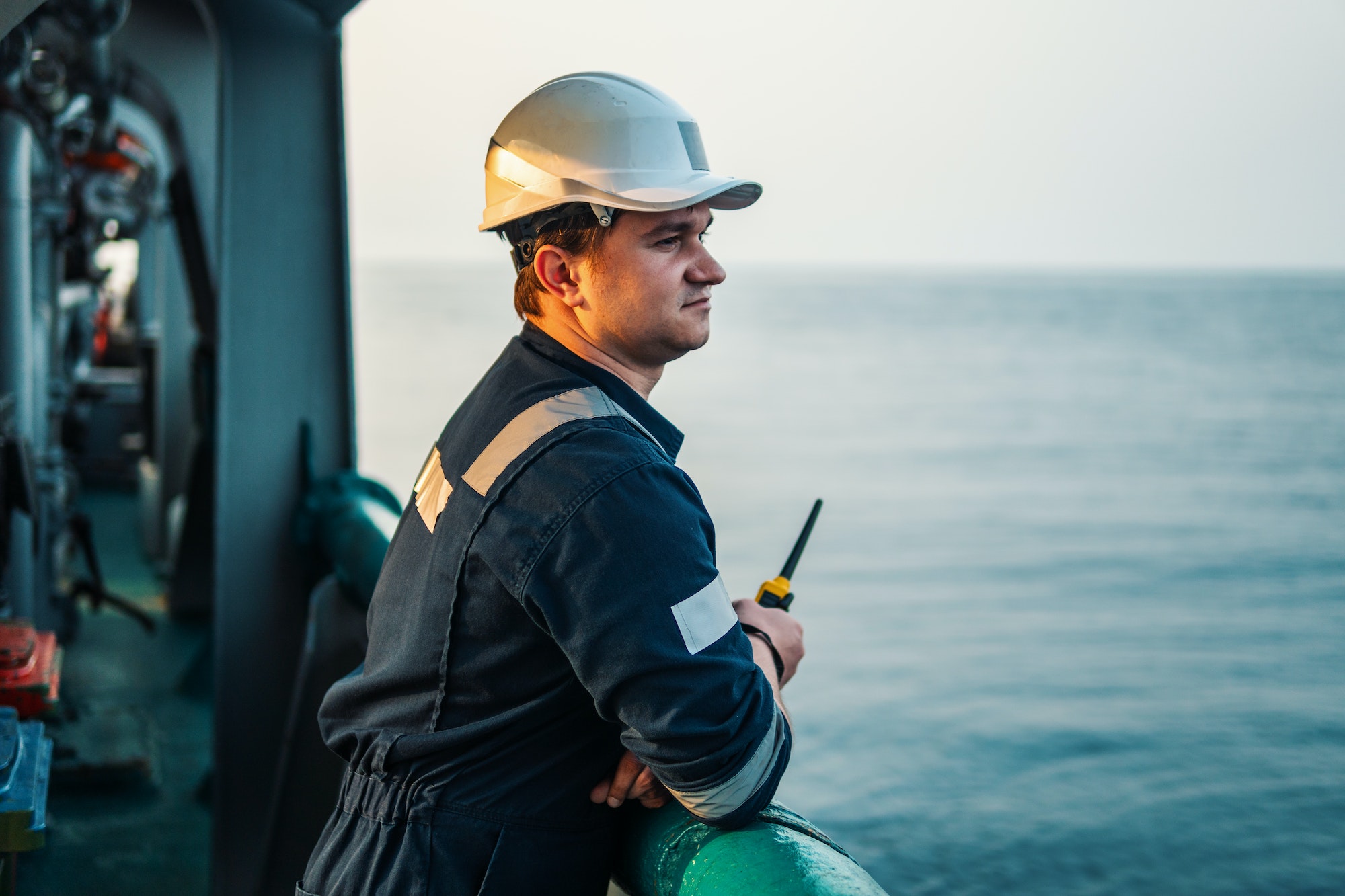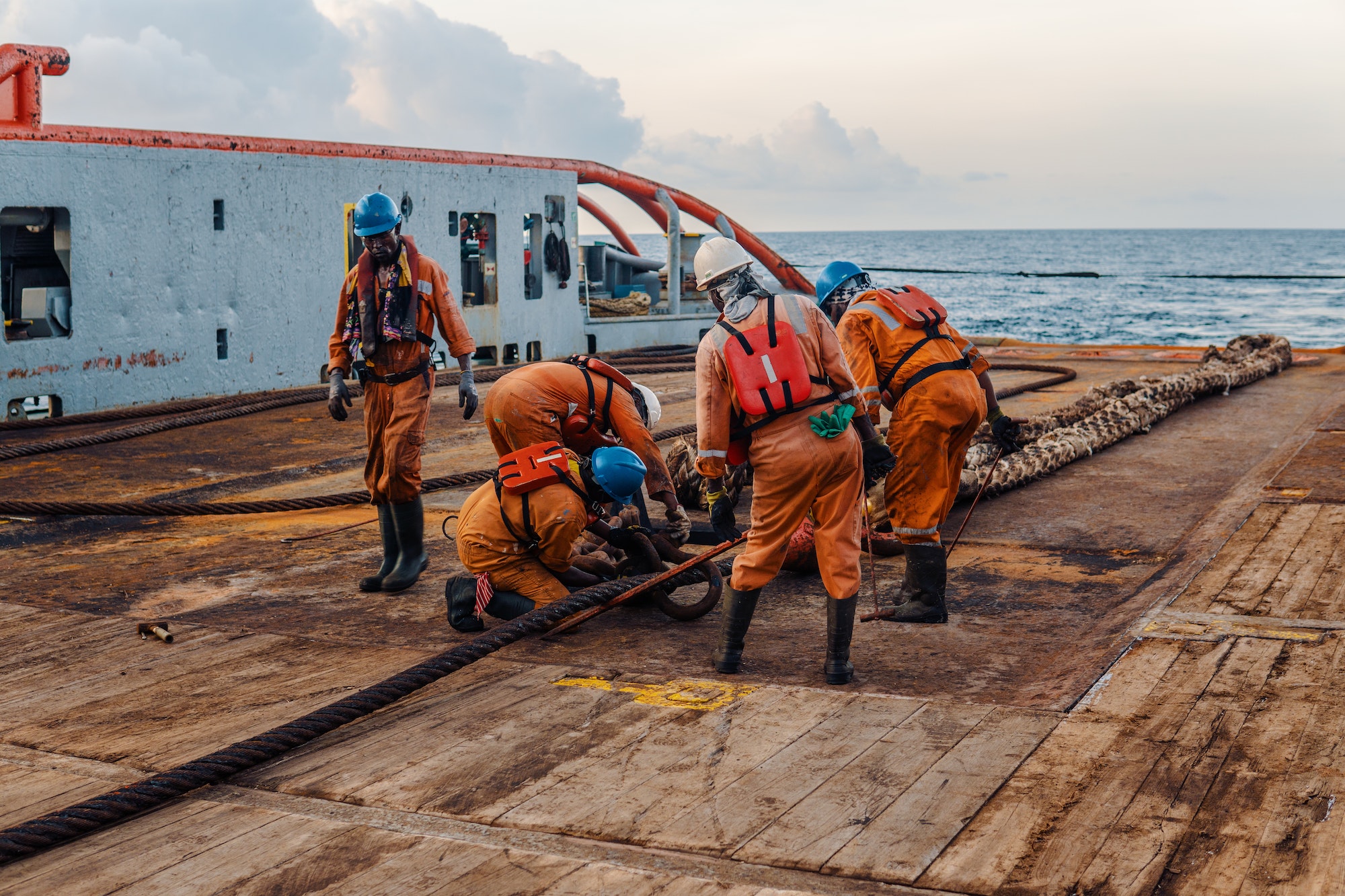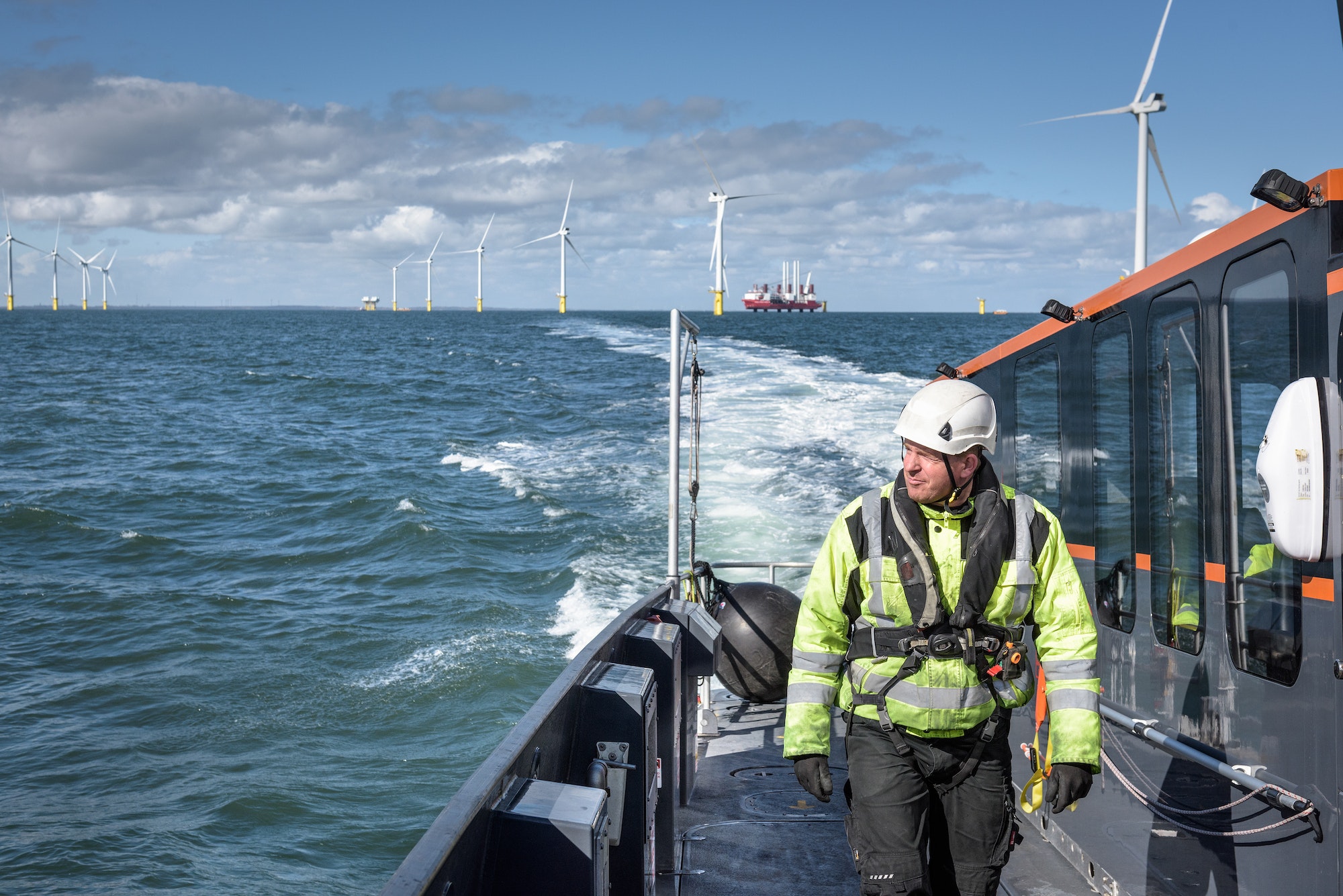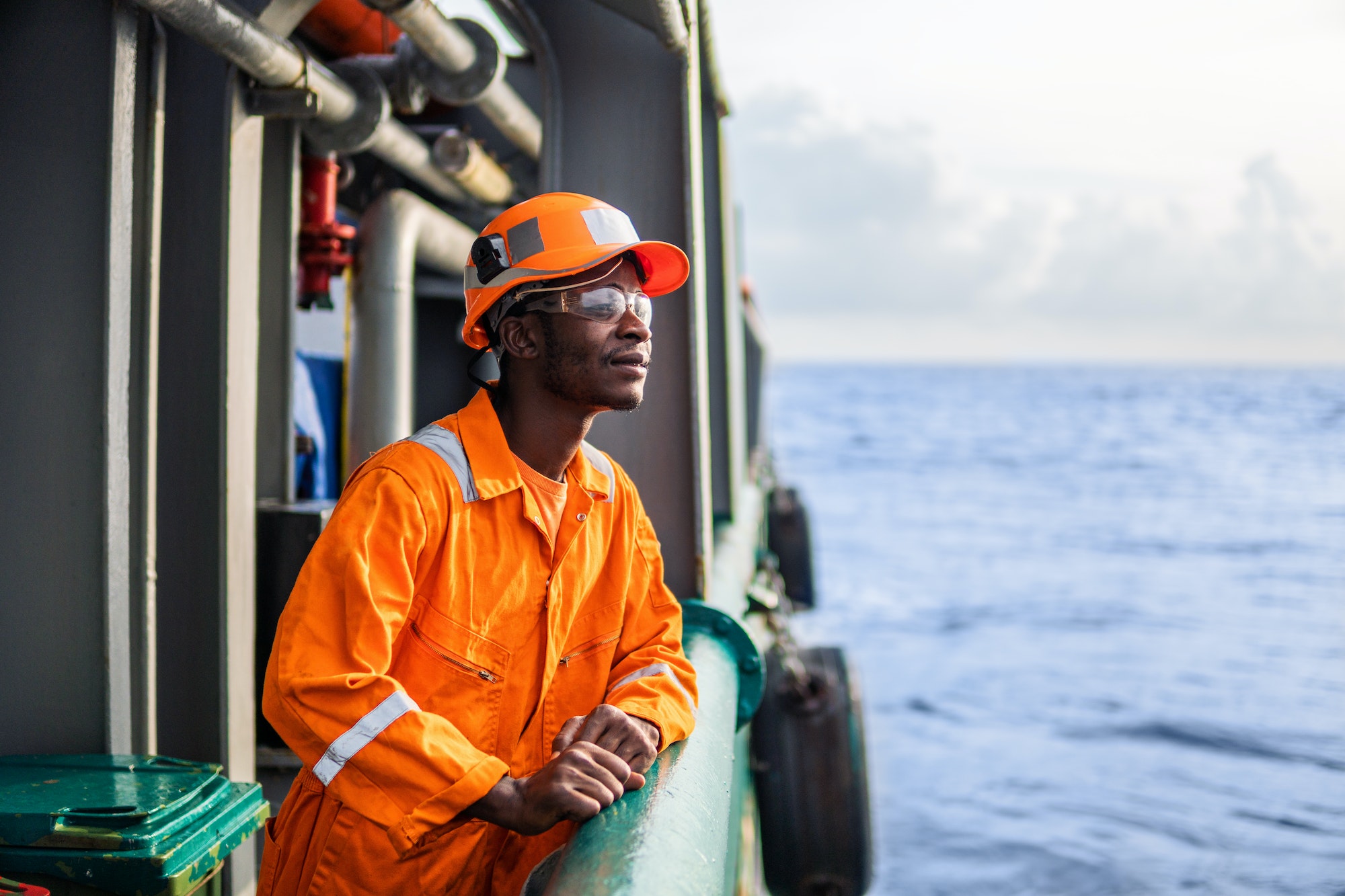ICS Class Rules and Regulations
ICS Class is an independent and non-commercial organization that carries out classification activities in an impartial and objective manner in compliance with the ICS Class Rules and Regulations.
These Rules and Regulations set the standards for the Classification of Ships providing all the information required for class inspections.
In the table bellow you will find all information regarding ICS Class Rules and Regulations:
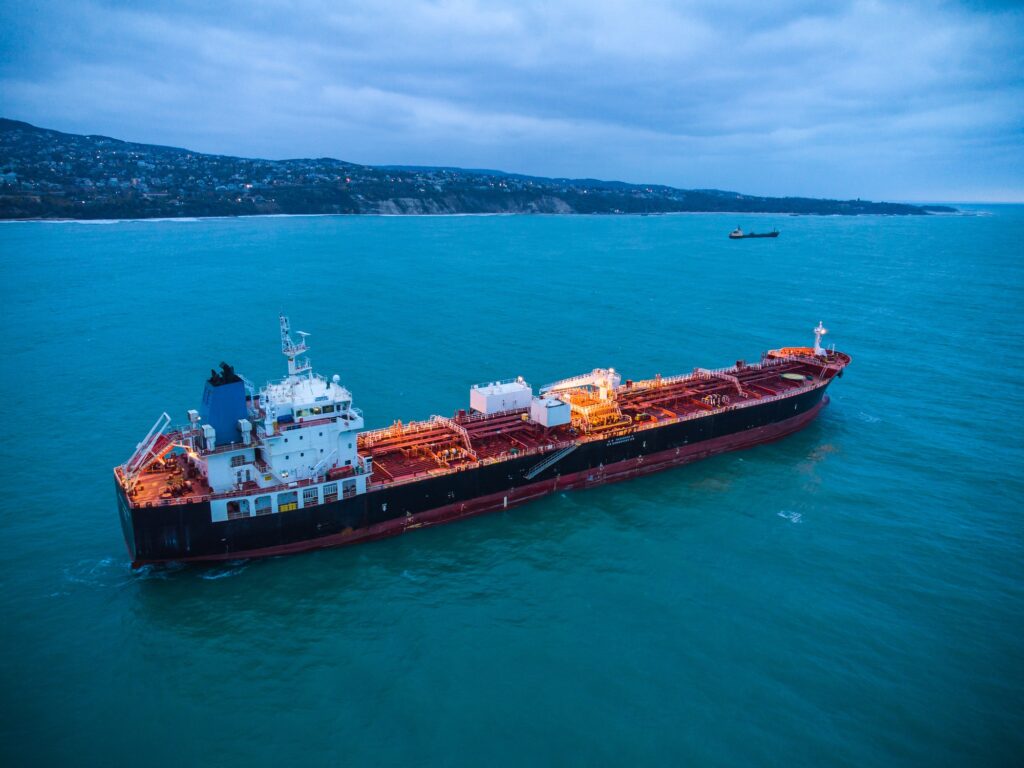
- Chapter 01 - Classification
- Chapter 02 - Hull
- Chapter 03 - Equipment, Arrangement and Outfit
- Chapter 04 - Stability
- Chapter 05 - Subdivision
- Chapter 06 - Fire Protection
- Chapter 07 - Machinery Installation
- Chapter 08 - Pumping and Piping
- Chapter 09 - Machinery
- Chapter 10 - Boilers
- Chapter 11 - Electrical Equipment
- Chapter 12 - Refrigerating Plants
- Chapter 13 - Materials
- Chapter 14 - Welding
- Chapter 15 - Automation
ICS Class may assign or renew a class to a ship in service. Assignment, maintenance, or renewal of class, or re-classification of a ship means that it complies with the relevant provisions of ICS Class Rules and Regulations. ICS Class Rules & Regulations shall determine the requirements that the ships are to be complying with in order to assign and maintain the ICS Class during the validity of class certificates issued by ICS Class. The classification may assign, maintain and renew if the vessel is subject to the following periodical class surveys:
Initial Survey; Annual Survey; Intermediate Survey; Special Survey; Inspection of the outside of the ship’s bottom including Dry-Docking Survey (DD) & In Water Survey (IWS) Propeller Shaft Survey, Occasional Survey ESP, applicable to Bulk Carriers & Oil Tankers and other types of the survey as determine by ICS Class A Certificate of Class valid for five (5) years can be an issue as a result of satisfactory completion of periodical surveys, this document certifies compliance with the requirements of the ICS Class Rules and Regulations.
For a request of any Class Survey contact us here.
Panama Maritime Authority – Class Certificate Requirement
According to the Merchant Marine Circular 267:
..all Panamanian flagged vessels of 500 GT and above, shall maintain a Class Certificate onboard that certifies that its structure, machinery, and electrical equipment are in full compliance with the provisions of the International Conventions ratified by the Republic of Panama.
Statutory Certification
ICS, as Recognized Organization, carry out statutory inspections and certifications on behalf of Flag Administrations, verifying compliance with International Conventions such as SOLAS, LOAD LINES, MARPOL, AFS, TONNAGE, etc, and International Codes like ISM, ISPS, IMSBC, IMDG, IBC (for Chemical Tankers), IGC (for Gas Carriers), NOx, LSA, FSS, and others.
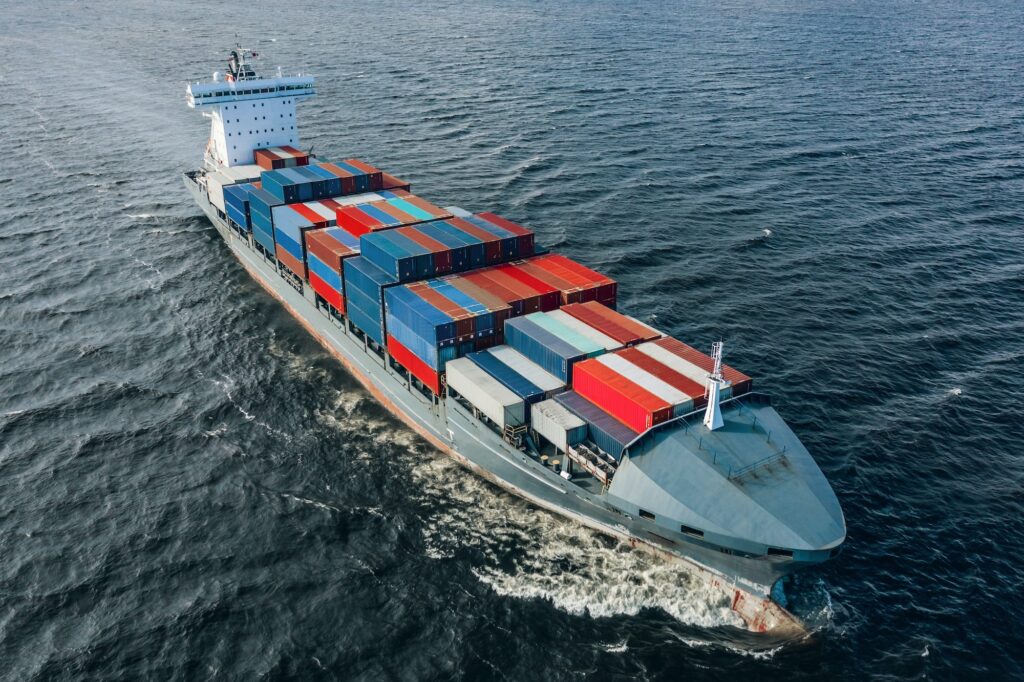
Other services: As per request to ICS-Head Office
As a result of the continuous amendments to SOLAS Convention, major retroactive requirements are introduced. We offer a technical service which will help you to determine what is required on each ship to ensure that they maintain compliance with SOLAS including the last amendments applicable even for existing vessels. After the completion of statutory surveys the following certificates can be issued by ICS on behalf of several Flag Administrations: Cargo Ship Safety Construction (CSSC), Cargo Ship Safety Equipment (CSSE), Cargo Ship Safety Radio (CSSR), Passenger Ship Safety (PSSC) and International Load Line (ILL), as applicable and requested to ICS-Head Office.
ICS is authorized to act on behalf of Flag Administrations to verify that your vessel comply with MARPOL Convention and its Annexes: Annex I (IOPP), Annex II (NLS), Annex IV (Sewage), Annex V (Garbage) and Annex VI (IAPP). ICS are involved in annual/intermediate/renewal surveys to ensure compliance is maintained. ICS is also able to carry out the revision and approval of plans such as: SOPEP, SMPEP, CBT, ODMC, COW, etc, as per request to ICS-Head Office.
ICS carry out ISM Code certification on behalf of Flag Administrations based on Interim Certification or Initial Verifications. ICS can help shipping companies and ships in the interpretation, implementation, familiarization and certification of the ISM Code. Interim/Short Term/Full Term DOC/SMC can be issued as per request to ICS-Head Office.
ICS, as Recognized Security Organization (RSO), can help you to implement ISPS Code and offer a full range services to maintain compliance. We also offer ISPS Code training courses for CSO, SSO & PFSO. After completion of Interim or Initial Verification, ICS is ready to issue Interim/Short Term/Full Term ISSC. The ISPS Code includes the revision and approval of SSA/SSP and the issuance of CSR as well as other services as per request to ICS-Head Office.
ICS performs other type of inspections and certifications for non-convention vessels (vessels under 500 GRT). These inspections & certifications are carried out based on National Rules & Regulations established by Flag Administrations for their ships. For every vessel under 500 GRT we can suggest and recommend what certificates and inspections are applicable for a particular vessel. If you need any inspections or certification for a non-conventional vessel please request to ICS-Head Office.
Certificates issued by ICS are based on the standards and international forms as recommended by the International Labour Organization in accordance with ILO No.152 “Occupational Safety and Health (Dock Work) Convention”. The following certificates can be issued after the completion of the survey including test load as applicable:
Certificate of Test and Through Examination of Lifting Appliances (for Derricks & Cranes)
Certificate of Test and Through Examination of Lifting Appliances (for Derricks used in union purchase)
Certificate of Test and Through Examination of Lifting Appliances (For interchangeable components and loose gear)
Certificate of Test and Thorough Examination of Lifting Appliances (For Wire Rope)Register of Ships Listing Appliances and Cargo Handling Gear (Cargo Record Book)
Refer to Request for Statutory Inspections.
Other Services
The harmful effects of ballast water in the environment is well known and documented. Our team at ICS Class will help your company ensure that your vessels comply with all new regulations and exceed them, to provide better quality services to your clients.
The International Safety Management (ISM) Code is the standard for the safe management of ships and the prevention of pollution. The ISO 9001 version 2015 is the international standard that ensures the quality of the management and operations of the services provided.
At ICS Class we have a dedicated team to help your company integrate these standards.
According to the International Ship and Port Security (ISPS) Code every ship must take certain actions towards the security of the crew, ship and evironment.
At ICS Class we help your company assess and prepare all necessary requirements and exceed them to ensure the livelihood of the crew, the safety operation of the vessel and the prevention of pollution.
All tanker and oil cargo vessels that travel through the Panama Canal must pass all requirements established by the Panama Canal Authority. At ICS Class we will help you prepare for PCSOPEP.
Other services: As per request to ICS-Head Office
- Manual Preparation (Fire & Safety Plan, SOPEP, SMPEP, CSM and others)
- Preparation of ISM / ISO Manuals
- Support during the implementation of Quality and Safety Management System
- Familiarization with ISO/ISM Code
- ISM / ISO Internal Audits
- Designated Person for the PCSOPEP
- Preparation of PCSOPEP
- ITC, Freeboard, Stability and other Calculations
The Maritime Labour Convention, 2006
The Maritime Labour Convention, 2006 is an important new international labour convention that was adopted by the International Labour Conference of the International Labour Organization (ILO), under article 19 of its Constitution at a maritime session in February 2006 in Geneva, Switzerland. It sets out seafarer’s rights to decent conditions of work and helps to create conditions of fair competition for shipowners. It is intended to be globally applicable, easily understandable, readily updatable and uniformly enforced.
The MLC, 2006 has been designed to become a global legal instrument that, once it enters into force, will be the “fourth pillar” of the international regulatory regime for quality shipping, complementing the key Conventions of the International Maritime Organization (IMO) such as the International Convention for the Safety of Life at Sea, 1974, as amended (SOLAS), the International Convention on Standards of Training, Certification and Watchkeeping, 1978, as amended (STCW) and the International Convention for the Prevention of Pollution from Ships, 73/78 (MARPOL)
Get In Touch
Subscribe to our Newsletter TODAY


